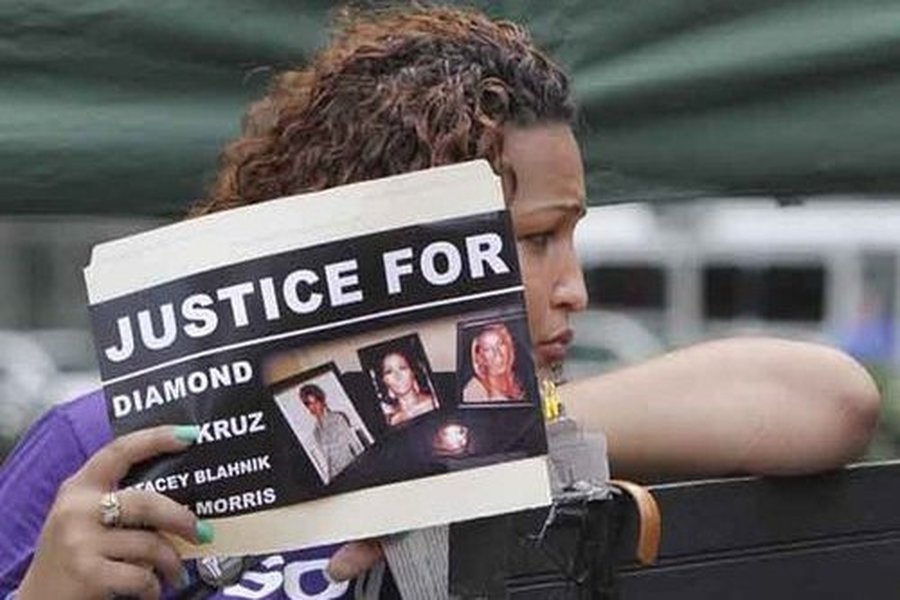The alleged killer of Diamond Williams was in court twice in the past week, and his ultimate trial date is hopefully inching closer.
Charles Sargent is accused of brutally murdering the local transgender woman — stabbing her multiple times and then dismembering and disposing of her body in an empty lot.
At the recent proceedings, a judge thankfully found that Sargent is competent to stand trial. The next big test is going to come in how the court, and a jury, treats a potential trans-panic defense.
Sargent has reportedly told investigators the stabbing stemmed from his discovery that Williams was transgender. While that claim itself is specious, even if that were to be accepted as the source of the argument, there can be no room to give credence to the concept that it’s a conceivable quick jump from learning one’s gender identity to committing a violent homicide.
Just like the gay-panic defense, the trans-panic defense, employed too many times in too many cases of vicious hate crimes across the country, cannot be allowed to stand. It remains to be seen if Sargent may attempt to incorporate this argument into his defense but, regardless of which tactic he takes, it’s important for the community to show the court that Diamond’s life and death cannot be minimized into a moment of “panic.”
Hundreds rallied after Diamond’s death to call for justice for her and the countless other victims of violence, and that same spirit should be brought into the courtroom when Sargent comes before a judge and jury. Having a solid show of support can communicate to the people deciding Sargent’s fate the profundity of the loss — not everyone in the local LGBT community personally knew Diamond, but this case goes beyond this one victim.
For years, the local community has grappled with the homicides of many transgender women — Nizah Morris, Stacey Blahnik, Kyra Cordova and others — that remain unsolved. The killers of each of these women may be out on the streets, while their victims are gone. Here, however, is one instance where the person believed to be responsible for claiming the life of one in our community could actually be brought to justice.
So when Sargent is brought to trial, the benches at the Criminal Justice Center should be full — of people who want to show that violence against any member of society, regardless of one’s sexual orientation or gender identity, affects all members of society.

